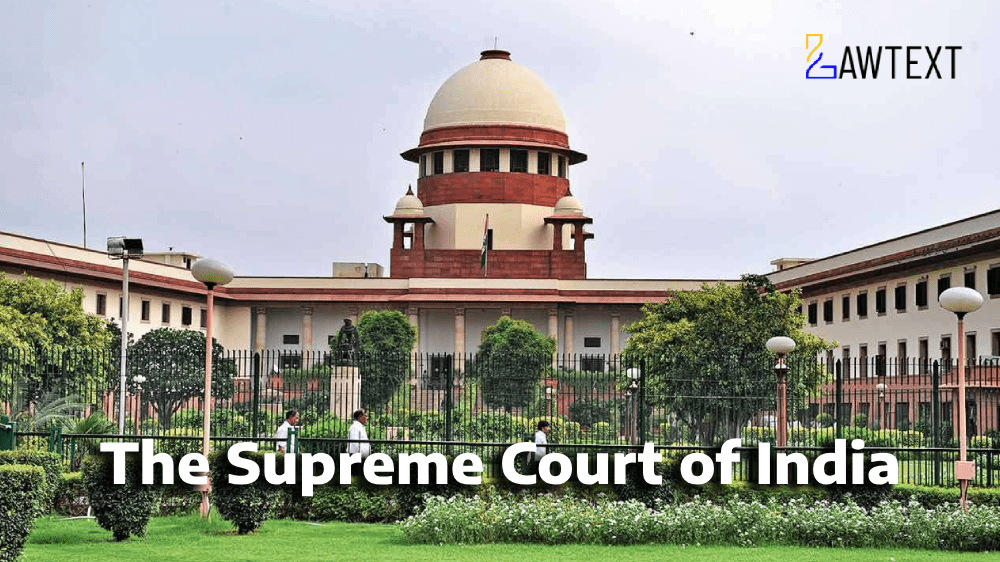

Factual Background: On 30th August 1985, Neelam was abducted and later found dead. The prosecution alleged that the motive was related to a property dispute between the accused and the deceased's family. A First Information Report (FIR) was lodged, leading to the trial of seven accused.
Trial Court's Decision: The Trial Court convicted five of the accused under Sections 302 and 364 read with Section 34 of the Indian Penal Code (IPC), while acquitting two. It based its judgment on eyewitness testimonies and circumstantial evidence related to a property dispute.
High Court's Reversal: The Patna High Court upheld the conviction of the five accused and reversed the acquittal of the other two, convicting them for the same offenses.
Supreme Court’s Analysis: The Supreme Court found serious doubts about the presence of key witnesses at the scene. The court highlighted several discrepancies, including the failure to prove that Neelam was residing in the house where the alleged abduction took place. The testimony of key witnesses was inconsistent, and the natural witnesses were not examined. The circumstantial evidence failed to form a complete chain of events.
Reversal of Acquittal: The Supreme Court criticized the High Court for reversing the acquittal of two accused without sufficient grounds. It reiterated the principle that an acquittal should not be overturned unless the lower court’s judgment is found to be perverse or unsustainable.
Incident and FIR:
Accused:
Property Dispute Motive:
Eyewitness Testimonies:
Post-Mortem Report:
Insufficiency of Evidence:
The court emphasized that the circumstantial evidence did not form a complete and consistent chain to prove the guilt of the accused beyond a reasonable doubt.
Witness Credibility:
Inconsistencies in witness testimonies and the failure to call upon natural witnesses severely undermined the prosecution's case.
High Court's Reversal of Acquittal:
The Supreme Court reinforced the principle that a reversal of acquittal requires a higher threshold of evidence, which was not met in this case.
#CriminalLaw #Acquittal #IndianPenalCode #CircumstantialEvidence #WitnessCredibility #MurderCase #PropertyDispute
Citation: 2024 LawText (SC) (9) 251
Case Number: CRIMINAL APPEAL NO. 1031 OF 2015 WITH CRIMINAL APPEAL NO. 1578 OF 2017 CRIMINAL APPEAL NO. 765 OF 2017 CRIMINAL APPEAL NO. 1579 OF 2017
Date of Decision: 2024-09-25
Case Title: VIJAY SINGH@VIJAY KR. SHARMA VERSUS THE STATE OF BIHAR
Before Judge: [BELA M. TRIVEDI J. , SATISH CHANDRA SHARMA J.]
Appellant: VIJAY SINGH@VIJAY KR. SHARMA
Respondent: THE STATE OF BIHAR